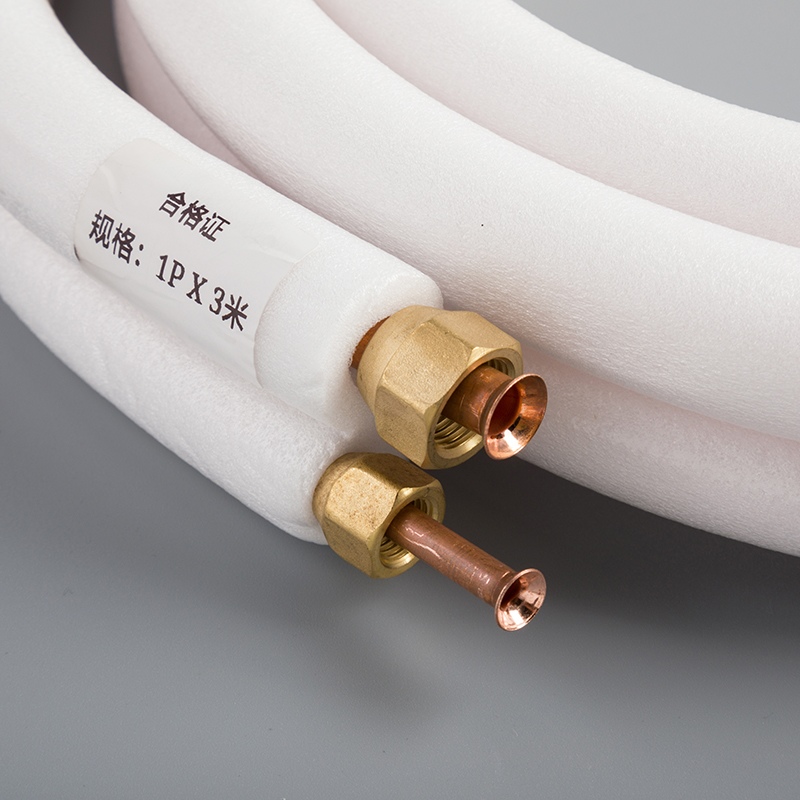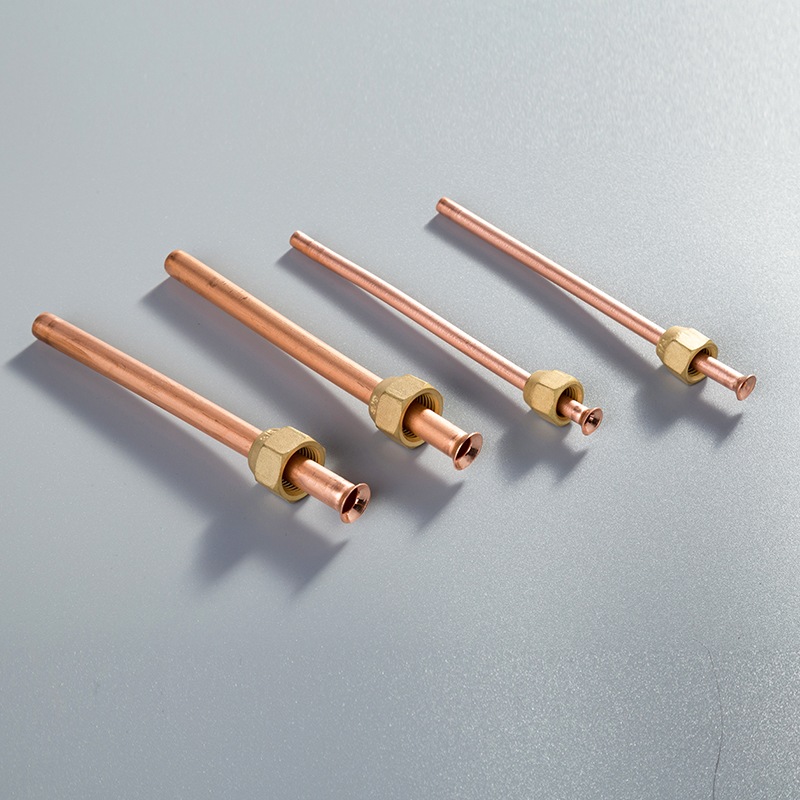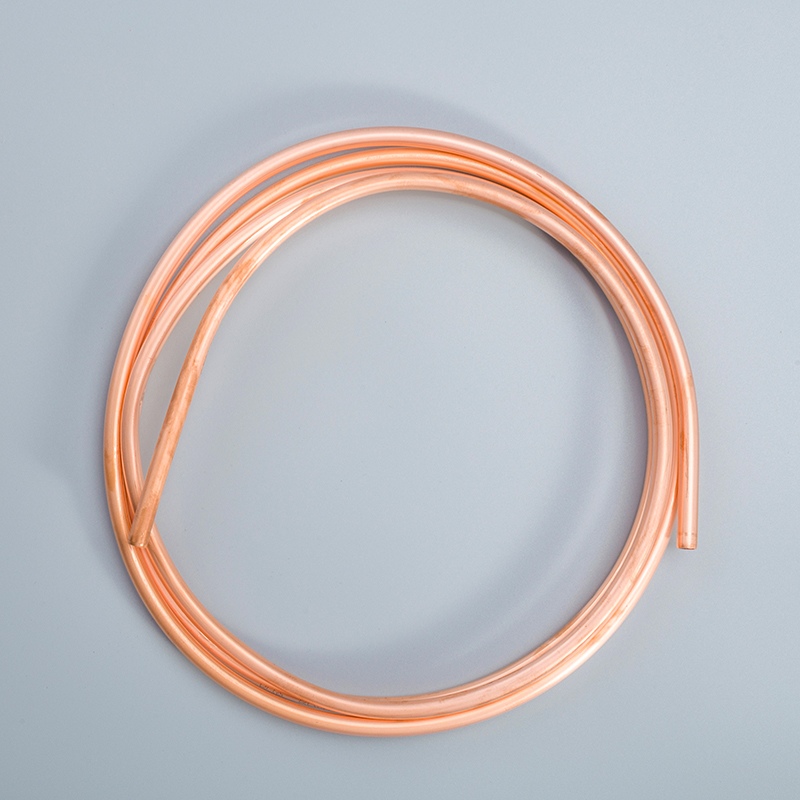How Copper Enhances AC Efficiency

How copper improves air conditioning efficiency
Copper, a remarkable material in air conditioning systems, plays a pivotal role in enhancing efficiency. The significance of AC efficiency cannot be overstated; it directly impacts energy consumption and system performance. Introducing copper into the equation revolutionizes the way we approach cooling technologies. This blog delves into the intricate details of how copper transforms AC efficiency, from rapid heat exchange to prolonged equipment lifespan.
The Role of Copper in AC Systems

Copper, known for its exceptional thermal conductivity, significantly enhances heat exchange efficiency in air conditioning systems. Unlike silver, which boasts slightly higher electrical conductivity, copper outperforms aluminum by 65% in this aspect. Additionally, when compared to aluminum, copper exhibits superior durability and corrosion resistance. It stands out among other metals as it does not succumb to corrosion like some of its counterparts.
Thermal Conductivity
Copper's thermal properties: Facilitate rapid heat exchange crucial for efficient cooling.
Comparison with silver: Silver has slightly higher thermal conductivity than copper.
Durability and Longevity
Resistance to corrosion: Copper's durability ensures prolonged equipment lifespan.
Impact on maintenance: Reduced maintenance needs due to copper's resilience.
Electrical Conductivity
Role in electrical components: Enhances the performance of AC systems.
Benefits over other materials: Copper surpasses aluminum in electrical conductivity.
Practical Benefits of Using Copper

Copper, renowned for its exceptional properties, offers practical benefits that significantly enhance the efficiency and reliability of air conditioning systems. Let's delve into how copper contributes to energy efficiency and system performance.
Energy Efficiency
Enhancing cooling efficiency: Utilizing smaller diameter copper tubes promotes sustainability in HVAC systems.
Cost-effective solution: Opting for copper results in reduced energy consumption, translating to cost savings for consumers.
Performance and Reliability
Consistent cooling performance: Copper tubes ensure efficient heat transfer, leading to consistent performance over time.
Durability in action: The durability and corrosion resistance of copper pipes make them an ideal choice for residential air-conditioning systems.
Environmental Considerations
Sustainability of Copper
Copper's sustainability stems from its recyclability and minimal environmental impact. Copper can be recycled indefinitely without losing its properties, making it a valuable resource in the construction industry. The environmental benefits of recycling copper include reduced energy consumption and lower greenhouse gas emissions.
Comparison with Plastic Pipes
When comparing copper with plastic pipes, the environmental advantages of using copper become evident. Copper has a significantly lower environmental footprint compared to plastic, as it is a natural material that can be recycled efficiently. Opting for copper over plastic pipes ensures long-term benefits for both the environment and the efficiency of air conditioning systems.
Investigating the role of Copper tubes in enhancing AC efficiency reveals their exceptional benefits.
Baoyuan highlights that copper tubes ensure optimal performance with high resistance to chemical substances and excellent heat transfer capabilities.
Various Experts emphasize that copper pipes are preferred for residential air-conditioning due to their durability, corrosion resistance, and efficient heat transfer properties.
Consider the lasting impact of copper on your AC system's efficiency. Opt for copper to elevate performance and sustainability in cooling technologies. Make the choice that ensures long-term benefits for both your system and the environment.
See Also
Revealing How Copper Tubing Enhances AC System Efficiency
Copper Tubing Outperforms Other Materials in AC Efficiency
Maximizing AC Efficiency with Insulated Copper Piping
The Importance of Pure Copper Piping in Air Conditioning Efficiency
Discovering the Top 5 Advantages of Copper Piping in AC Units


